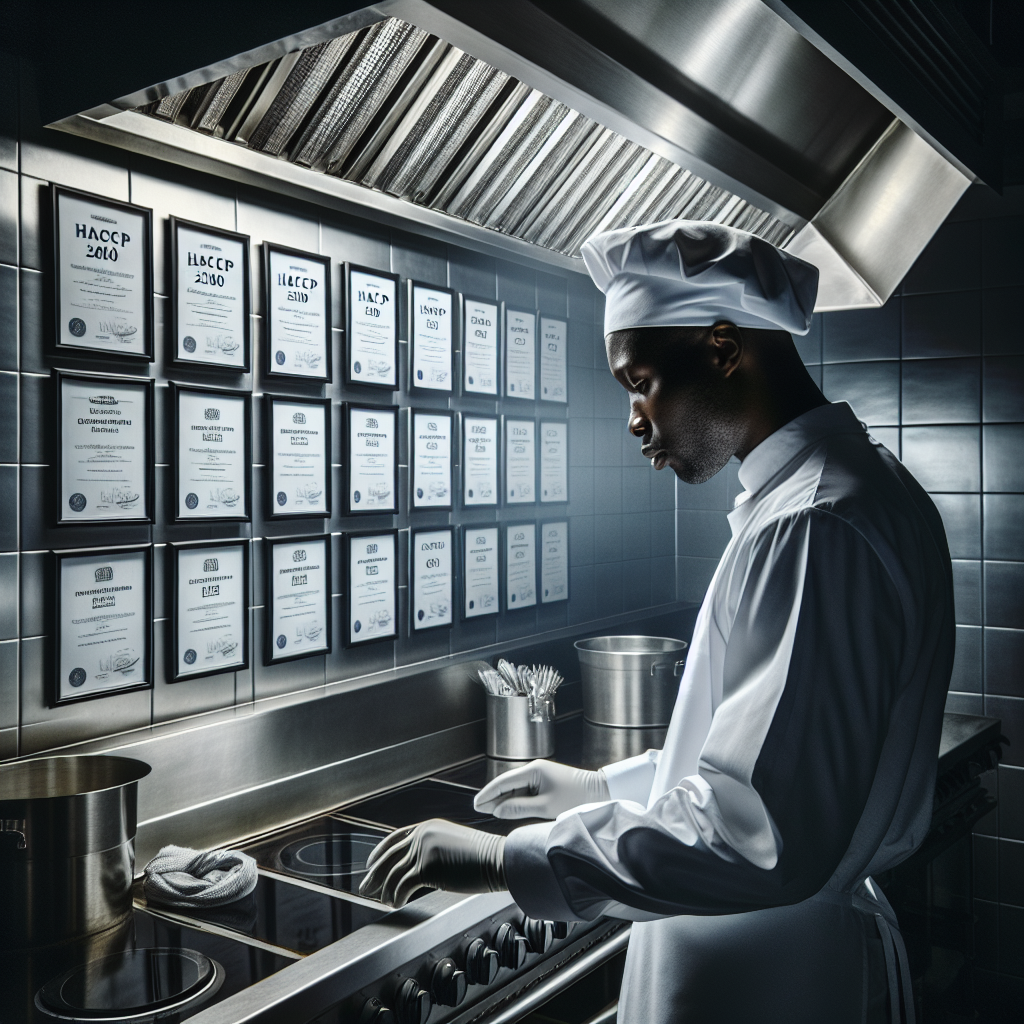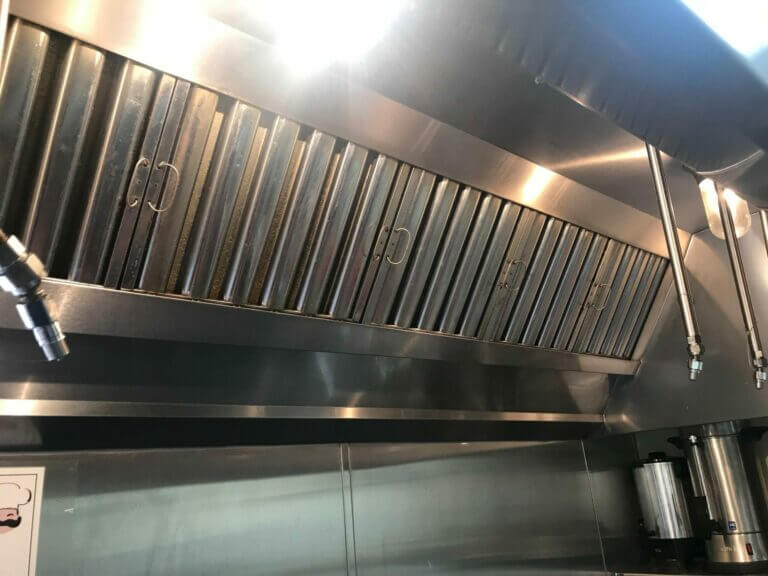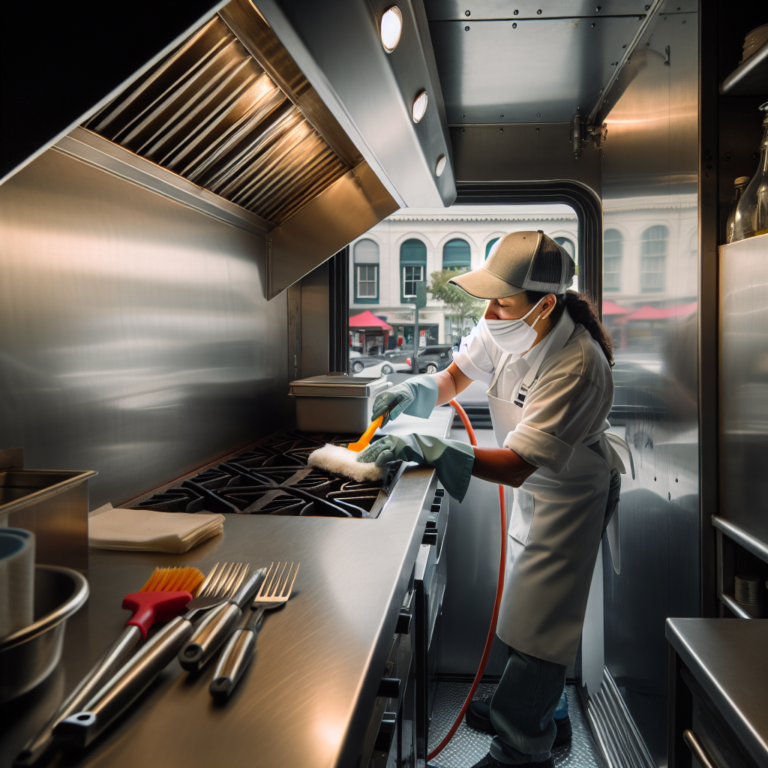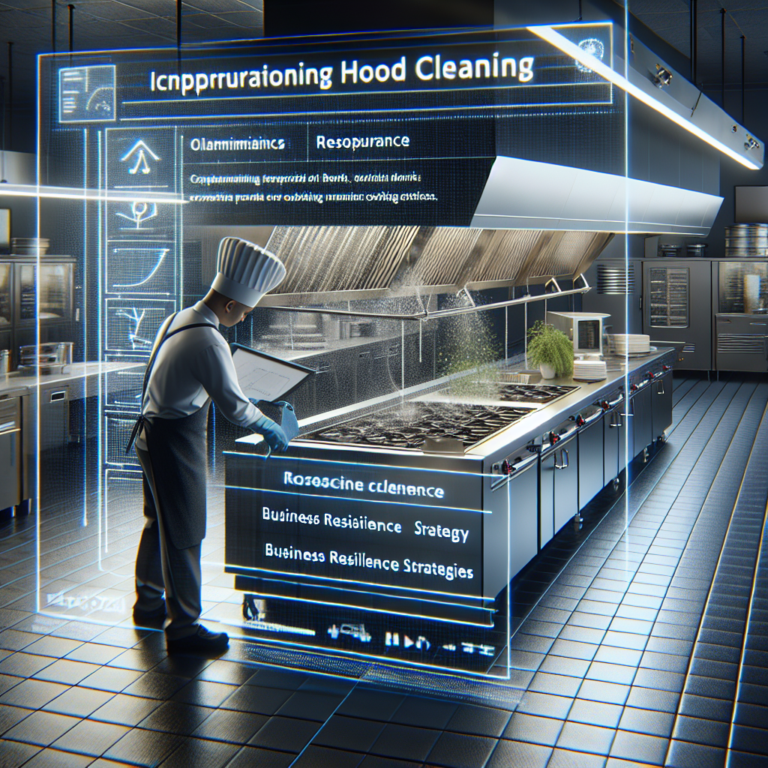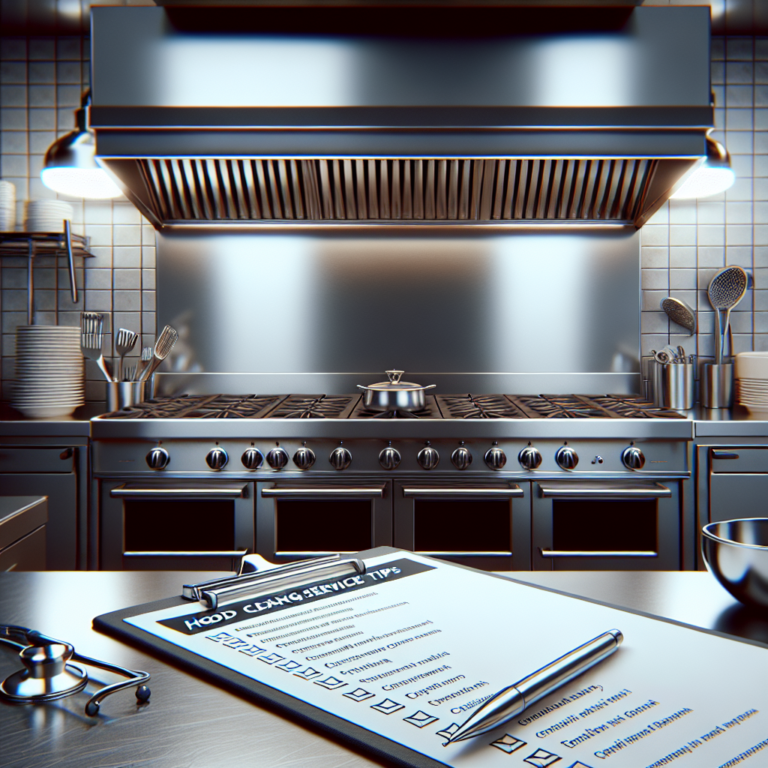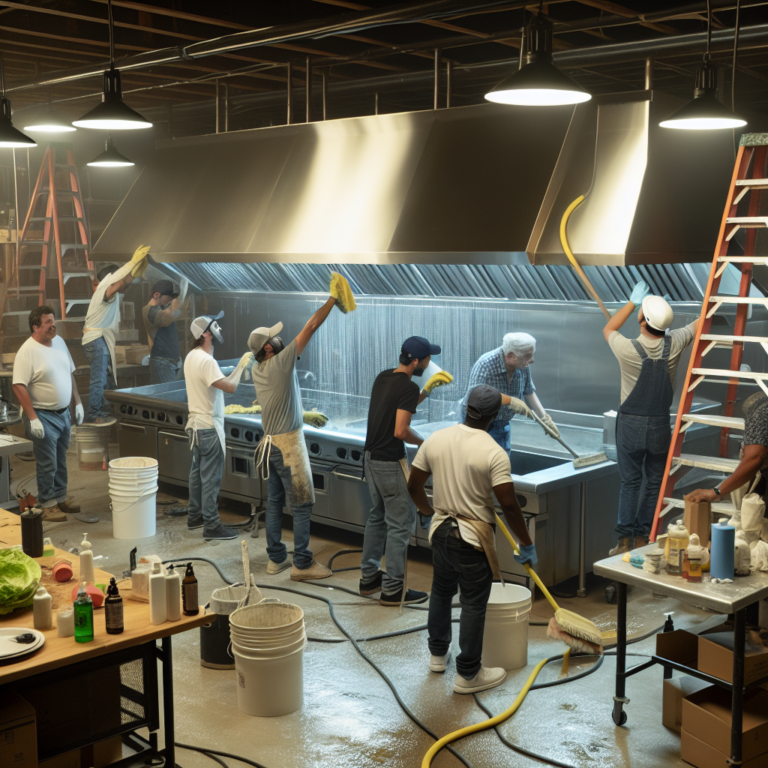Achieve Food Safety Certifications with Professional Hood Cleaning Services
Understanding the Importance of Hood Cleaning in Commercial Kitchens
When it comes to running a restaurant or any foodservice establishment, maintaining stringent hygiene standards is non-negotiable. One key area that requires attention is the kitchen exhaust system. This is where hood cleaning becomes pivotal, not only for operational efficiency and fire safety but also as a crucial component in obtaining food safety certifications such as HACCP or ISO 22000.
Why Hood Cleaning Matters
The exhaust hood is vital in a commercial kitchen as it captures and removes airborne grease, combustion products, fumes, smoke, odors, heat, and steam. Without regular exhaust hood cleaning, grease and grime can accumulate, posing significant risks: cooking fires could ignite due to greasy deposits, and the overall air quality in the kitchen could deteriorate, affecting the health and safety of staff and customers.
Linking Hood Cleaning with Food Safety Certifications
Food safety certifications such as the Hazard Analysis Critical Control Point (HACCP) and ISO 22000 provide frameworks for analyzing and controlling food safety hazards. Keeping the kitchen environment clean and safe is a core component of these certifications, and effective restaurant hood cleaning directly supports this.
How Hood Cleaning Supports HACCP
The HACCP system is a preventive food safety approach focused on managing food safety risks by identifying critical control points (CCPs) where hazards could occur. A greasy exhaust hood could easily become a CCP due to the potential for fire hazards and cross-contamination.
- Regular commercial kitchen hood cleaning ensures that the buildup of grease is managed effectively, reducing this particular hazard.
- Effective cleaning schedules that comply with HACCP can help maintain overall kitchen hygiene, contributing to the safety and quality of food served.
- Compliance with hygiene practices demonstrates a commitment to customer safety, crucial for acquiring and maintaining HACCP certification.
The Role of Hood Cleaning in ISO 22000
ISO 22000 standardizes food safety management systems. It incorporates food safety management with an emphasis on risk management and integrated processes. Here’s where exhaust hood cleaning becomes integral:
- Adhering to a regular cleaning schedule eliminates potential food safety hazards, thereby supporting the risk management strategies outlined in ISO 22000.
- Cleaning the hoods thoroughly and frequently contributes to a comprehensive hygiene control approach, critical in fulfilling ISO 22000 requirements.
- Documenting hood cleaning practices supports transparency and accountability needed for audits and certification processes.
The Financial and Safety Merits of Clean Hoods
Beyond certifications, regular hood cleaning is financially prudent. A clean system reduces the risk of expensive fire damage and potential business disruption. It also means maintaining the efficiency of your kitchen ventilation system, possibly lowering energy costs. Moreover, clean hoods help improve airflow, sometimes increasing the lifespan of kitchen equipment. For restaurants in Los Angeles, Santa Monica, or Orange County, maintaining pristine kitchen conditions is a step toward sustaining a successful operation.
Choosing the Right Hood Cleaning Service in Los Angeles
For food establishments in Southern California, it’s wise to engage professional hood cleaning services for expert care. Choose a company that understands local health codes, certification requirements, and one that can tailor their services to fit your kitchen’s specific needs. Whether you are operating in Santa Monica or sprawling Orange County, you need a partner that guarantees compliance with safety standards.
Finding the Right Partner
Look for a cleaning service that offers:
- Certified and trained professionals with understanding of various certification requirements.
- Comprehensive service including hood, duct, and fan cleaning.
- Up-to-date knowledge of the latest safety protocols to support your HACCP or ISO 22000 certifications.
- Flexibility to schedule cleanings during off-hours to avoid restaurant downtime.
An investment in a reliable hood cleaning service can offer peace of mind, ensuring that your kitchen environment is both safe and complaint-free.
Conclusion
In conclusion, prioritizing restaurant hood cleaning is an essential component of obtaining and maintaining vital food safety certifications such as HACCP and ISO 22000. It supports a transparent approach to food safety and significantly minimizes potential risks, ensuring a safe kitchen and a thriving food business. If you operate a restaurant in Southern California, consider consulting a local professional service such as Los Angeles to ensure your kitchen meets these critical safety and cleanliness standards.

